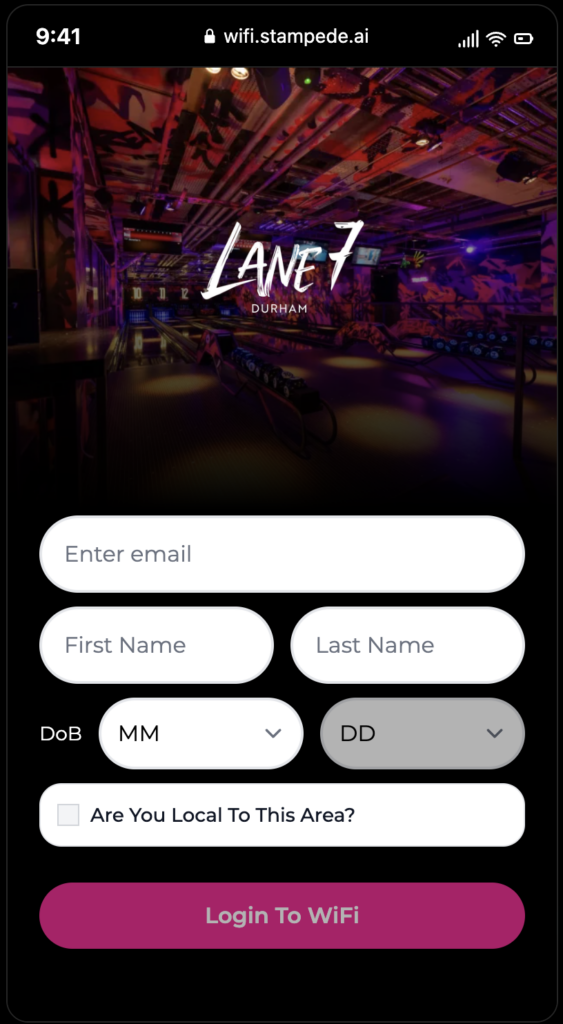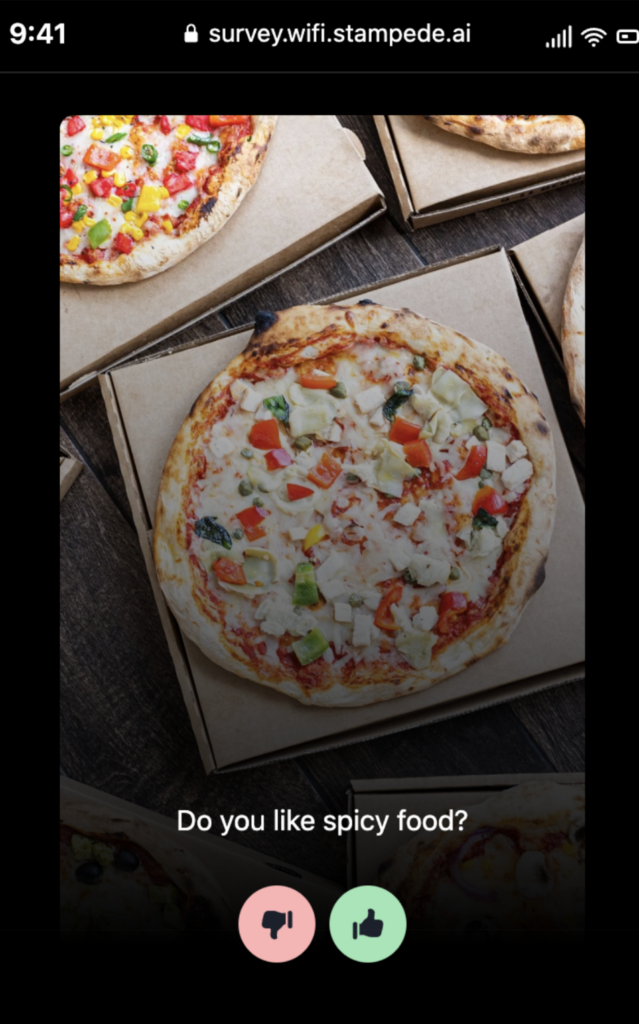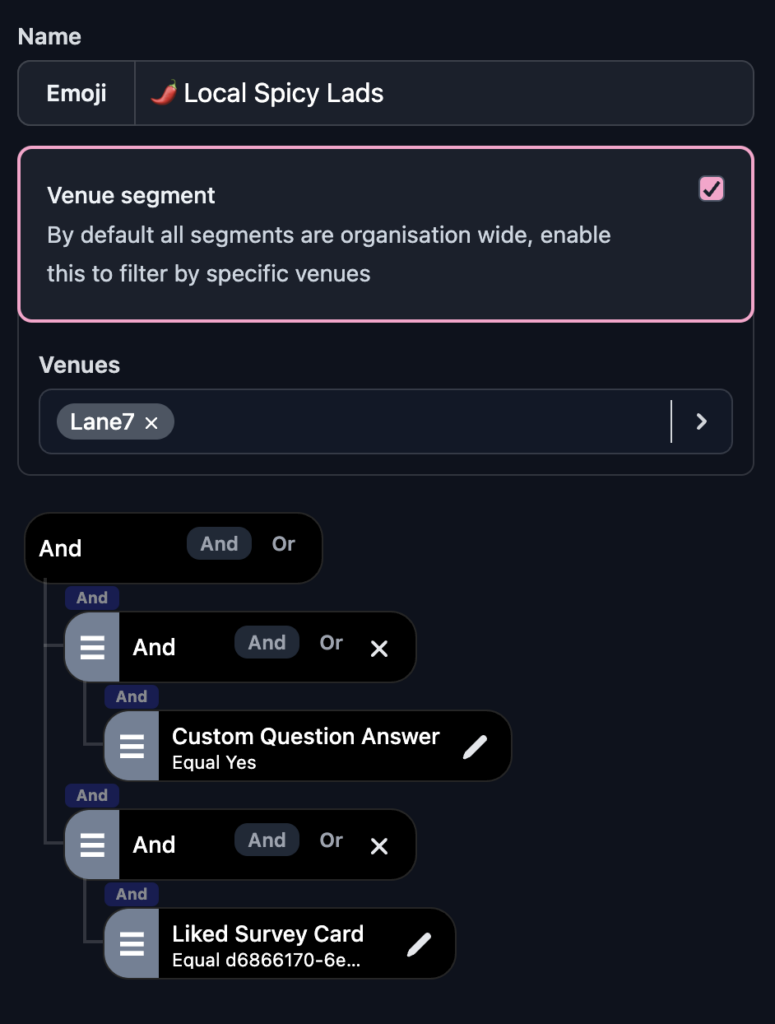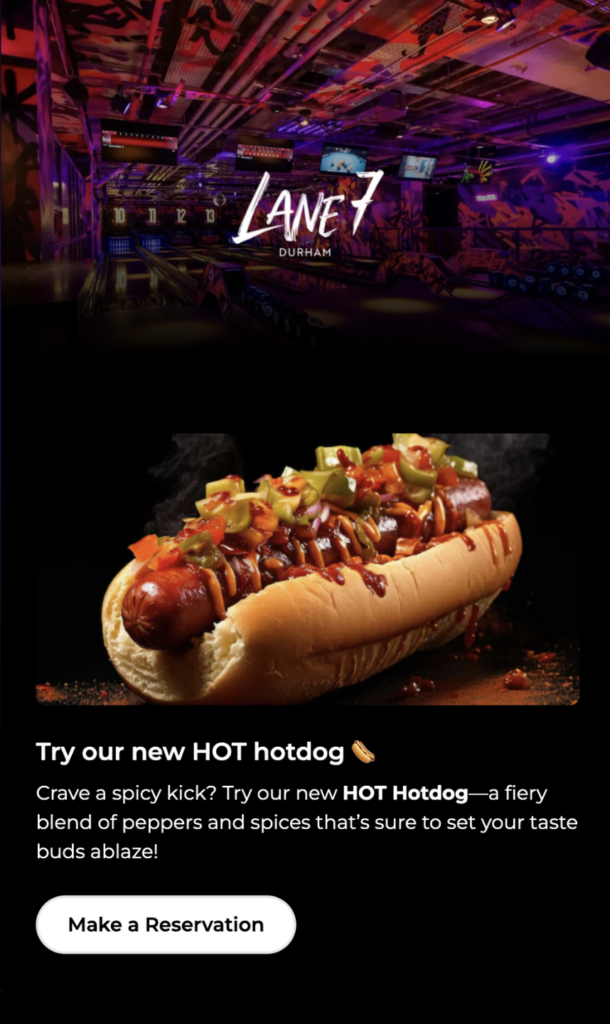Chris Wilkie
5 min read
How to Use Segmentation to Increase Guest Engagement in Hospitality

In hospitality, it’s not just about serving great food or providing a comfortable stay – it’s about delivering personalised experiences that make each guest feel valued. To do this effectively, you need a deep understanding of their unique needs and preferences. Let’s explore how Stampede helps you gain these insights, empowering you to offer guests exactly what they’re looking for.
Why Segmentation Matters
Mass marketing is out. In today’s world, people expect to receive relevant, personalised messages. Segmentation allows you to target specific groups of customers based on factors like behaviour, location, and preferences. By doing this, you ensure that each message resonates with the right audience, increasing engagement and loyalty.
So why is this important for hospitality businesses? Simple: when you send the right offer to the right person, the chances of that guest returning or making a booking skyrocket.
In the Forbes article “50 Stats Showing the Power of Personalization,” Blake Morgan shares compelling statistics that highlight the effectiveness of personalised marketing in boosting customer engagement and loyalty.
The Data Dilemma: Offline Businesses
One of the biggest challenges for offline businesses, like restaurants and hotels, is gathering useful and relevant data to segment their audience. How can you know your guests’ preferences if you don’t interact with them online? This is where technology steps in.
Using a tool like Stampede Wi-Fi, you can collect guest data effortlessly. When guests first connect to your Wi-Fi, they fill out a quick form, providing valuable insights such as whether they are local or whether they like certain types of food. This data is a goldmine for building targeted marketing campaigns.
How to Create Segments for Your Business
Here’s a simple approach to audience segmentation for hospitality businesses:
1. Collect Data
Start by collecting information about your guests through Wi-Fi sign-ups or surveys. You can ask questions like:
- Are you local?
- Do you prefer spicy food?
- Are you interested in special offers or events?


2. Build Segments
Once you have the data, it’s time to create segments.
Use IF and AND conditions to refine your campaign targeting. In this example, we’re targeting guests who live nearby and enjoy spicy food. We selected ‘Custom Question equals Yes’ (for those who answered ‘Are you local?’) and guests who liked a survey about spicy food.

3. Targeted Campaigns
With your segments in place, you can now create highly targeted campaigns. Want to promote a new spicy dish? Send an email to guests who previously said they liked spicy food. Got a special deal for locals? Make sure it’s only reaching people who live nearby.

Real-World Example: Segmenting for a Restaurant
Let’s say you run a restaurant and want to promote a new dish. Using your Stampede Wi-Fi data, you’ve segmented your audience into two groups:
- Locals who like spicy food.
- People who are NOT local to your area
For the locals, you send a targeted email promoting your new spicy menu item. You know they’re nearby and love spicy food, so this campaign is highly relevant to them.
For the non-locals, you could send an “Upcoming events” email with a discount on their next visit, encouraging them to return with multiple reasons to come back to the area
By tailoring your message to each group, you increase the chances of conversion, bringing more guests back to your venue.
The Tools to Make It Happen
Tools like Stampede make segmentation simple. Not only does it collect valuable guest data for you, but it also automates the process of creating and sending personalised campaigns. With everything in one place — from data capture and marketing tools to detailed reporting — you can easily manage your entire marketing strategy. This all-in-one solution allows you to track the performance of each campaign and see what resonates best with each segment, helping you optimise your efforts for greater success.
The Bottom Line
Segmentation and targeting aren’t just marketing buzzwords – it’s a practical, powerful strategy that can transform how you connect with your guests. By gathering data, creating meaningful segments, and targeting the right people with the right message, you’ll see better engagement, higher loyalty, and more repeat business.
In hospitality, every guest matters. Make sure they feel that by sending them marketing that speaks directly to their preferences.
Ready to start using segmentation for your hospitality business? Get in touch today to learn how I can help you make the most of your guest data with tools like Stampede.